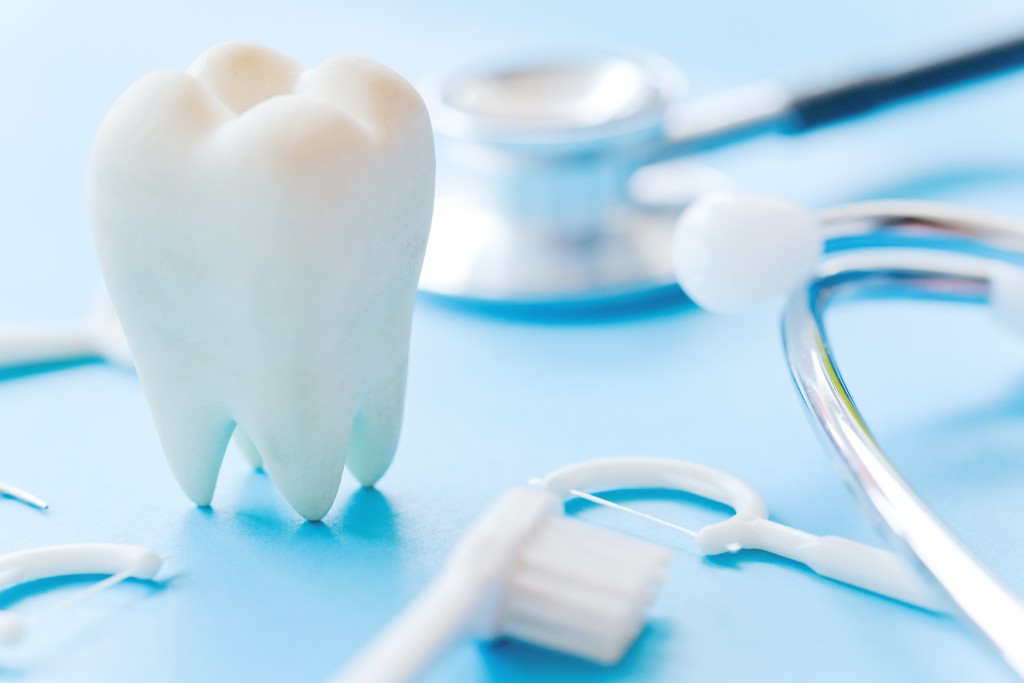Athletes rely on their bodies to accomplish amazing feats of strength, speed, and endurance. That’s why they spend countless hours training to build their body and refine their technique. To be an athlete is to lead a life of discipline and rigor. They have to keep your body in top shape at all times, not to mention all the personal sacrifices they make along the way. Despite everything they do, they’re still human, and one injury can end their career.
Dental injuries are a normal part of any athlete’s life. In fact, 1 out of 3 dental injuries is connected to sports. Many people treat chipping or losing a tooth just like they do a sprained muscle. It’s seen as more of a cosmetic issue than a health emergency. However, poor dental health can lead to a host of health conditions, many of which will only manifest as you get older.
While tools such as a 3D printer for orthodontics have improved patient experiences and lowered treatment time, I’m sure that most people would prefer not to lose a tooth or two. If you regularly play a sport, you need to learn how to protect your teeth.

1. Always wear a protective mouth guard
Many people forget to wear protective mouth guards, but they are just as important as any other safety gear. Mouth guards work as your mouth’s first line of defense against blows and accidental contact. Without it, your face, mouth, and teeth could get severely injured. Always wear a protective mouth guard, whether you’re training or competing. Think of it as an essential part of your gear, so never leave home without it.
The mouth guard you’re going to use will differ from sport to sport. Some helmets have a built-in mouth guard, such as for ice hockey and football. If your helmet doesn’t come with one, you can always go to a dentist for a custom-fit mouth guard. Just make sure to use the correct helmet for your sport. You don’t want a heavy helmet if you need speed, and a light helmet won’t give you enough protection against heavy blows.
2. Watch what you drink
Sports drinks are a fast and easy way to stay hydrated while playing sports, but they also contain a lot of sugar that can adversely affect your oral health. If you keep consuming drinks with high sugar content, the bacterial flora in your mouth cavity will produce an acid that will strip your teeth’s enamel coating. Eventually, your teeth will become more susceptible to damage and decay.
You need to keep an eye on the sugar content of the drinks you consume. Make it a point to check the nutrition facts label. If the only option available is a sugar energy drink, you can drink enough for hydration. It’s best if you brought your own drink in the future.
3. Keep your teeth clean
The only real defense is an active one. While a mouth guard can protect against blows and accidental impact, the only way to keep your teeth clean and healthy is to practice good oral hygiene. Brushing and flossing only takes a few minutes out of your day, so there’s no excuse for neglecting your oral health. Many people tend to ignore basic oral hygiene due to a busy schedule. However, this habit can lead to serious oral problems down the line.
For starters, brushing twice a day will keep your teeth and gums clean and healthy. You also need to visit a dentist at least twice a year for a checkup and cleaning. If your teeth are strong, you won’t have to worry about chipping and breaking while you’re out doing your thing. Meanwhile, weak teeth are more susceptible to damage, which could put you out of commission if the injury is serious.
4. Check the water’s pH levels
If you think swimming isn’t as risky as football or ice hockey, think again. While the risk of physical contact is near nil, the water can still affect your mouth and teeth. If the swimming pool’s water is on the acidic side (meaning the pH level is too low), your teeth’s enamel layer could slowly erode, which makes them look yellow and more sensitive.
Make sure to use special enamel-repairing toothpaste to keep your teeth strong. You also might want to check the maintenance of the swimming pool. If the pool is properly chlorinated and maintained, you can swim without risk.
A final word
Always consult a dentist if you have questions about how to best protect your teeth. They will provide advice and help you select the best gear for you. While some of these measures might seem excessive, it’s better than dealing with a serious dental issue.
